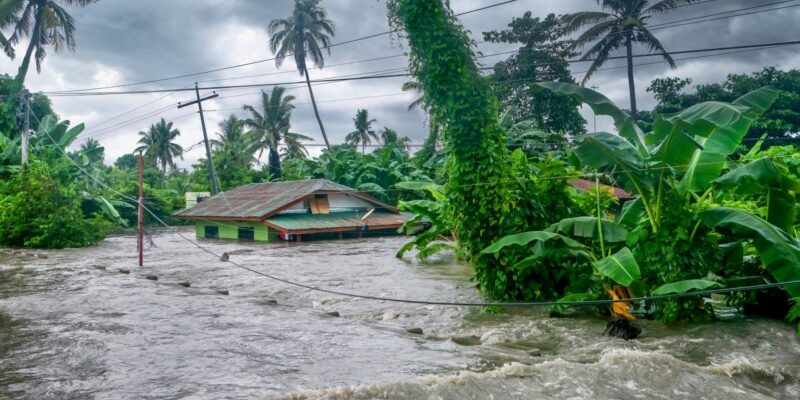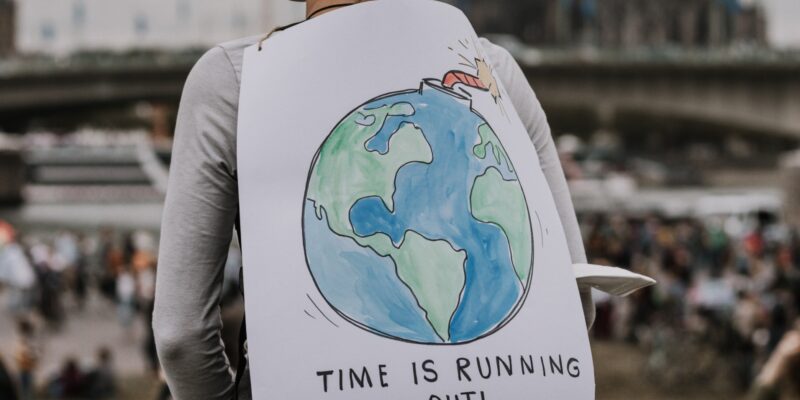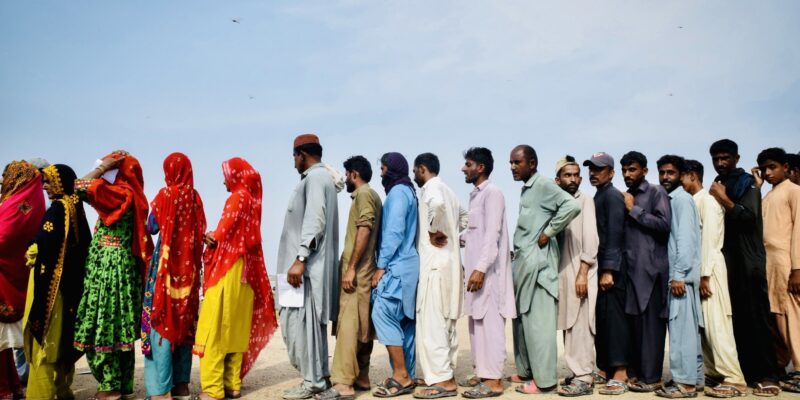Comment
Insights and expert analysis on climate issues.
Share


Safeguards and exit points for the World Bank as host of the Loss and Damage Fund
Dr Olivia Serdeczny, Manjeet Dhakal, Sneha Pandey
An agreement was reached to establish the World Bank as the interim host of the Loss and Damage Fund. Developing countries signed up to this on certain conditions. We unpack the safeguards put in place and look at the three points at which the Fund could exit the World Bank.

Second Glasgow Dialogue: lessons from latest Committee meeting on loss and damage finance
Dr Olivia Serdeczny, Sneha Pandey
Key takeaways from the Transitional Committee’s second meeting on operationalising the new loss and damage fund and funding arrangements.

The UN-led climate response has achieved a great deal, but time is not on our side. International diplomacy and climate action must move faster than ever before, or we risk losing public faith in the process.

2023 will shape the Loss and Damage fund for years to come – have your say now
Dr Olivia Serdeczny, Manjeet Dhakal, Sneha Pandey
Final decisions on a new Loss and Damage fund to help vulnerable countries recover from climate impacts will be made at COP28 in December. Here’s what you need to know about how the fund will be designed over the coming year.

A robust assessment of losses and damages was featured in the recent IPCC Working Group II report, representing a major step forward in recognising existing negative impacts and future risks of climate change. The assessment provides strong support for increased action and support for loss and damage, urgent mitigation to limit global warming to 1.5°C, and more extensive adaptation.

New pathways to 1.5°C: interpreting the IPCC’s Working Group III scenarios in the context of the Paris Agreement
Dr Carl-Friedrich Schleussner, Bill Hare
In total, the IPCC's Working Group III report assessed 97 pathways that limit warming to 1.5°C, adding to our understanding of the options and conditions for achieving the necessary emissions reductions. We take a closer look at how 1.5°C compatible pathways are defined in the IPCC AR6 report and why this matters.